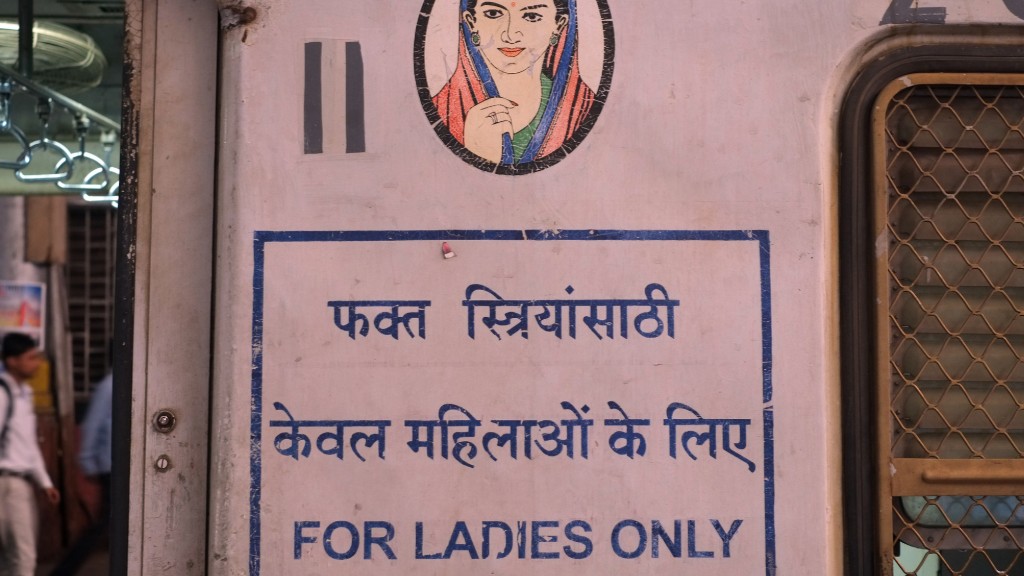The cost of cheap fashion
The world loves fast and cheap fashion, but workers at the bottom of the global fashion supply chain often bear the cost. Even after decades of corporate social responsibility initiatives, companies and governments are still failing to cut out exploitation and guarantee decent work. In this project, rather than focus on these big brand initiatives, we looked at what companies further down the supply chain are doing that might offer a better alternative.
Our research
To tackle the question of how businesses at the bottom of the supply chain are shaping labour standards, we focused on a major garment producing cluster in Tamil Nadu, India. It is a popular source of products for global brands including Adidas, C&A, H&M, Nike, Primark, and Walmart. We found evidence of improving conditions of work, but also persistent labour exploitation, and widespread cheating of the audits intended to check on working conditions. But we also found that local companies are facing major competitive pressures and severe labour shortages. In order to tackle these problems, local businesses are experimenting with some important new pathways for action. We explored these pathways and analysed their potential for advancing decent work while also generating economic growth.
You can access the full report here
About the project team
Andrew Crane
Professor of Business and Society and Director of the Centre for Business, Organisations and Society (CBOS) in the School of Management at the University of Bath
Vivek Soundararajan
Senior Lecturer (Associate Professor) in International Business in the School of Management at the University of Bath
Michael Bloomfield
Lecturer (Assistant Professor) in International Development in the Department of Social and Policy Sciences at the University of Bath
Laura J. Spence
Professor of Business Ethics in the School of Management, Royal Holloway, University of London
Genevieve LeBaron
Professor of Politics and Director of Sheffield Political Economy Research Institute (SPERI) at the University of Sheffield



